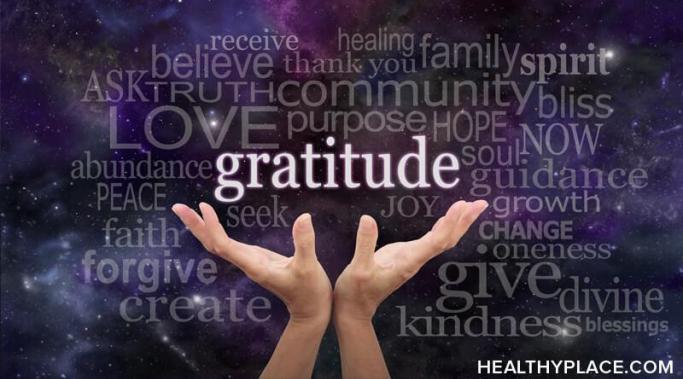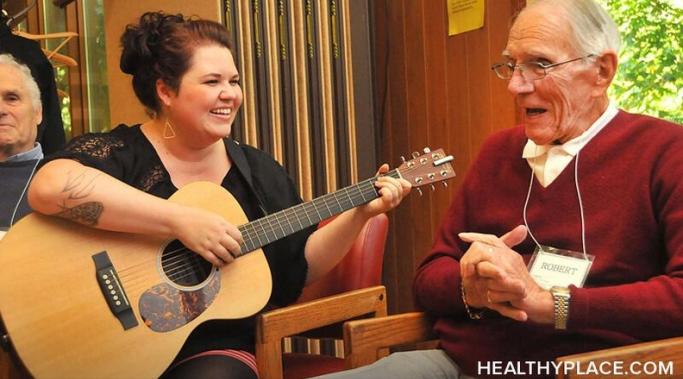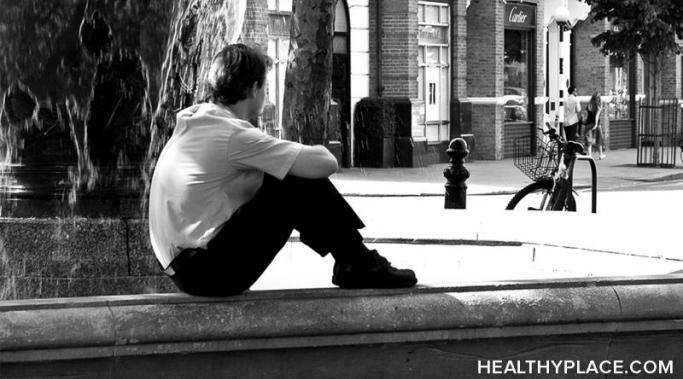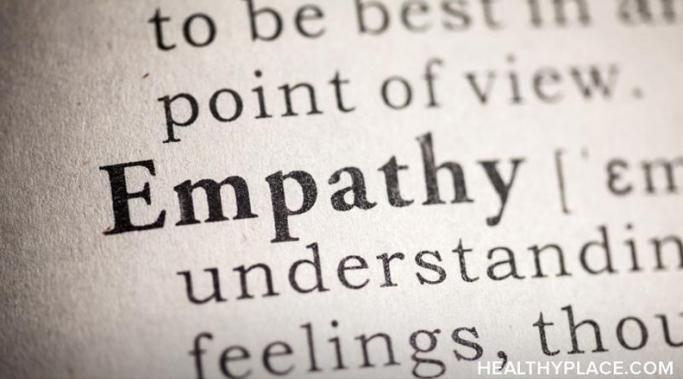Everyone with anxiety certainly has some things they have or do to keep their anxiety under control. Inevitably, some of them will strike outsiders as odd or different, but if they help, I say more power to them.
Anxiety Videos – Anxiety Schmanxiety
Can gratitude really help anxiety? Surprisingly, it can. Gratitude is a concept involving appreciation and a sense of thankfulness for what is good in our lives. Anxiety is an experience involving a great deal of unwelcome thoughts, emotions, physical sensations, and behaviors. Anxiety can be all-encompassing, rob us of a sense of wellbeing, centeredness, and joy, or even keep us locked out of the life we'd like to live. Here's a look at what gratitude is and how it helps anxiety by shifting thoughts and feelings away from anxiety and replacing them with appreciation and action.
As of now, I’m living about a block and a half away from a large lake and I'm finding the water to be calming. One of my favorite new pastimes has been to walk along the beach and listen to the waves.
Self-care is highly recommended for managing and treating anxiety. Practicing self-care can, indeed, be very effective, allowing us to step away from stress and other anxiety-provoking situations to give ourselves a much-need break. Stepping away from the rush of daily life to reset can shift anxious thoughts and settle roiling emotions, allowing us to revitalize both physically and mentally--in theory, anyway. In practice, for many people with anxiety, engaging in self-care activities can actually cause more anxiety. What happens then?
As of late, I’ve been dealing with more personal anxieties than is normal. For that reason, I’ve cut down on activities that I enjoy, like reading, because at the moment, they’re too psychically taxing. One thing I haven’t cut down on, however, is music.
If you live with anxiety, chances are you look for problems. Don't get me wrong. You're most definitely not doing it on purpose. All humans have a built-in negativity bias that causes us to be on alert for danger so we can take action to protect ourselves. Anxiety, in its misguided attempt to keep us safe, usurps that negativity bias and magnifies it, causing us to operate under the assumption that there are problems everywhere.
Does the thought of going to the dentist or having dental procedures done cause your anxiety to skyrocket? If so, you're not alone. A whopping 50-80 percent of American adults report having some degree of anxiety about going to the dentist, and a study published in 2017 indicated that 19 percent of people showed moderate to severe dental anxiety and almost seven percent indicated a high degree of such anxiety.
I’ve talked in previous blogs about empathy, and how it’s essential for anyone with anxiety. Or any other mental illness. Or any other member of the human race.
Near where I live, there are a couple of little boxes where people can leave books they wish to donate, as well as take any books they may find interesting. Over the past few weeks, I’ve given away quite a number of books to these boxes, and in the process, I’ve felt a great sense of relief and catharsis.
Nighttime anxiety can make it hard to fall asleep and stay asleep. Somehow, anxiety can seem even louder during the night than it does during the day; perhaps because the world is quiet and you are trying to get some much-needed sleep. Nighttime worry is exhausting and can make you feel tired but wired the next day. It's natural to toss and turn, tangling with anxious thoughts and feelings, but doing so simply fuels them and makes them even more intrusive and obnoxious. Read on for a tip on how to handle nighttime anxiety and worrying at night.









